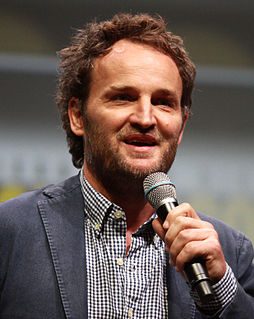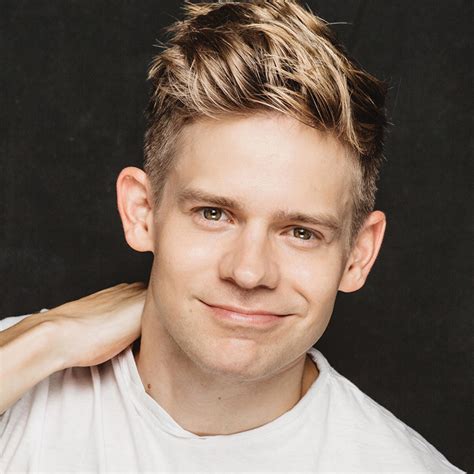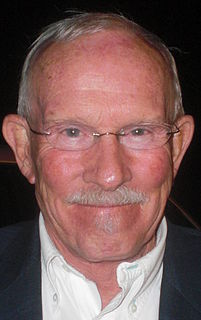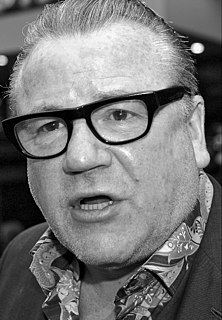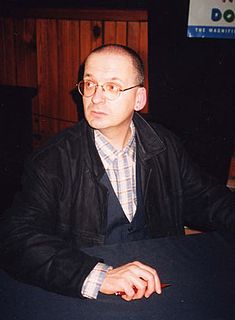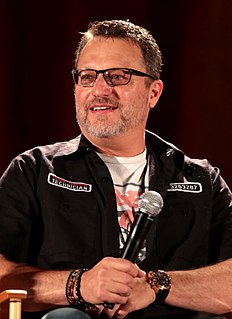A Quote by Jason Clarke
With acting, you do want to get every job, and you're trying to get every audition, but then you reach a certain stage where you start to kind of gravitate toward the stories and the people that have a similar heartbeat.
Related Quotes
See, the first thing about actors is, you're just trying to get a job; and you audition and audition and you finally get them. And you still consider yourself an auditioning actor. I auditioned for One Fine Day, I wasn't offered that. So you're still in that 'Hey, I'm just trying to get a job' thing. Then, you get to the point where, if you decide to do it, then they'll make the film. That's a different kind of responsibility, and it usually takes a couple of films to catch up. And then you have to actually pay attention to the kind of films that you're making.
Most actors don't know what they're going to do next, so you get into this thing where you have to force yourself to have another life outside of acting. And then, as soon as you start something in this sort of normal life that you're trying to live, you get a job. So you have this constant struggle because you want to be able to commit to things and to finish things in your life, but then you also want to be able to act.
I took theatre and stuff in college, then I took a bunch of different acting classes here in L.A. Sometimes when I have a hard audition, I'll call my acting coach and he'll come help me. I actually get more nervous in acting class than I do at an actual audition. It's actually a really great way to get over your nerves.
On every job you do, you've got to raise your game. My ambition is to just get better and better every job you do - you should never stop trying to get better. You have to teach yourself new things - I don't think you necessarily learn them from other people because you have your own style of doing things, but hopefully you get better.
Tell me what's wrong with this idea: If you're selling to somebody, find someone like that person to sell to them. If you're trying to reach swing voters, if you're trying to reach people on the fence, if you're trying to reach Republicans who are unsure about this candidate... get people who switched! Get people who are registered Republicans. Get people who were George Bush voters who can't bring themselves to do it again. Talk to them, get them to explain what their reasons are, and show them to people. What's wrong with this idea?!
Yes, I am one of those people who feels that most of my work is adaptation of one sort or another. For me, it's a way to jump-start the engine. For example, some people use the technique of basing a character on a friend. They start writing with his or her voice, then at a certain point, the character takes off on his or her own. It probably no longer resembles the model, but it helped the author to get going. I find that's true of form, too. For every play I've written, I know what play I was trying to imitate. That helps me get going.
